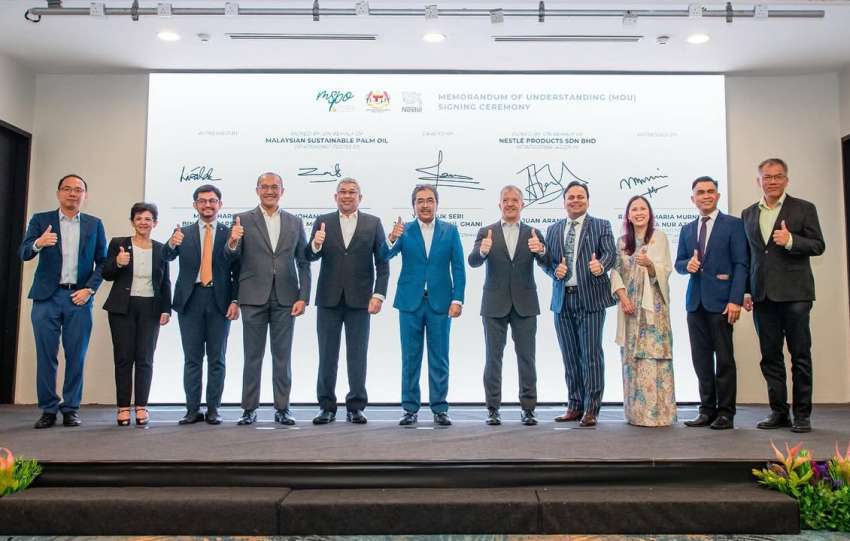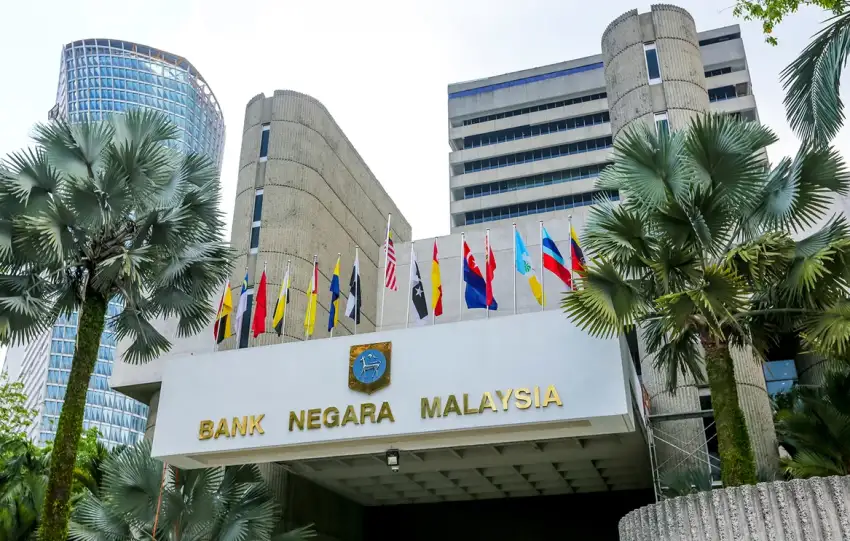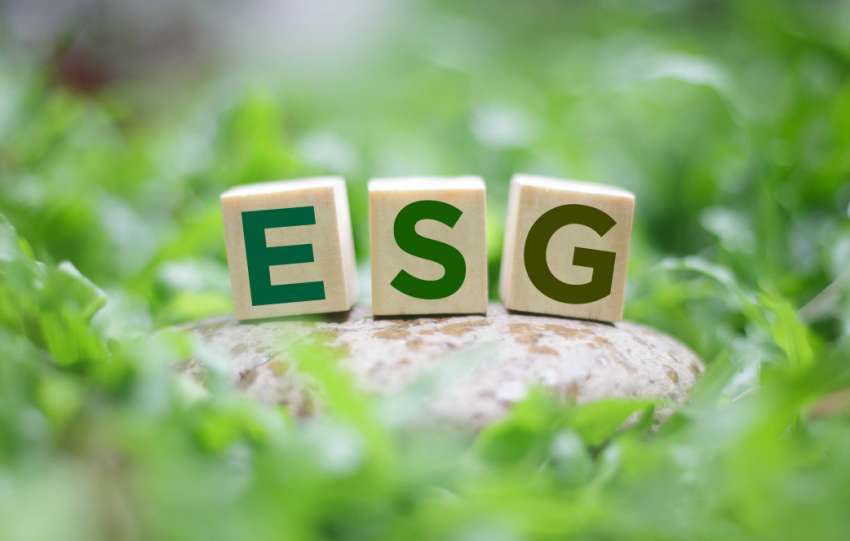19 May – In 2025, Japan made a significant move in advancing sustainability practices with the introduction of the Sustainability Standards Board of Japan (SSBJ) and its groundbreaking national sustainability disclosure standards. This development reflects Japan’s commitment to enhancing transparency and accountability within its corporate sector, aligning with global efforts to tackle climate change, environmental degradation, and social inequalities. These new standards are expected to reshape the landscape of corporate responsibility, guiding businesses in their environmental, social, and governance (ESG) reporting.
The SSBJ Standards, introduced in March 2025, aim to provide companies with a comprehensive framework for disclosing their sustainability practices. This framework not only facilitates clear communication of a company’s sustainability goals and progress but also offers investors a standardized approach to assessing ESG risks and opportunities. As global investors increasingly prioritize sustainability, the introduction of these standards is timely, helping Japan’s corporate world align with international ESG reporting frameworks, such as those from the International Financial Reporting Standards (IFRS) and the International Sustainability Standards Board (ISSB).
One of the most noteworthy aspects of the SSBJ standards is their flexibility and phased implementation. The guidelines are voluntary for companies for the fiscal year ending March 31, 2026. However, large corporations will be required to comply with these disclosure standards by 2027. This gradual rollout ensures that companies have sufficient time to adapt to the requirements, while also offering a clear timeline for stakeholders to expect increased transparency.
The Japanese government’s push for sustainability has been growing for years. Japan is already a global leader in renewable energy technologies, particularly solar power, and has committed to reaching carbon neutrality by 2050. This move towards formalized ESG reporting builds on that foundation and demonstrates the country’s forward-thinking approach to balancing economic growth with environmental responsibility. By adopting these standards, Japan positions itself as a key player in the global ESG movement, encouraging corporations to become more accountable not only to their shareholders but to society at large.
For businesses, the standards present an opportunity to enhance their ESG credentials, which can result in improved investor relations and better access to capital. Companies that fail to meet these standards may face increased scrutiny from both regulators and consumers, further pushing them toward responsible business practices. On the other hand, those that embrace these standards early may gain a competitive edge, as sustainability continues to become a critical factor in decision-making processes across industries.
Moreover, the introduction of these standards is expected to bolster Japan’s standing in the international arena, particularly in the eyes of investors looking for markets that prioritize long-term environmental and social goals. As Japan continues to pioneer sustainable practices, its companies are likely to set trends that resonate globally, particularly in emerging markets where ESG concerns are becoming more prominent.
Ultimately, the launch of the SSBJ Standards marks an exciting milestone in Japan’s journey towards a more sustainable and accountable future. This bold step towards formalized ESG disclosures not only strengthens Japan’s commitment to sustainability but also enhances its position as a leader in corporate responsibility on the global stage.





